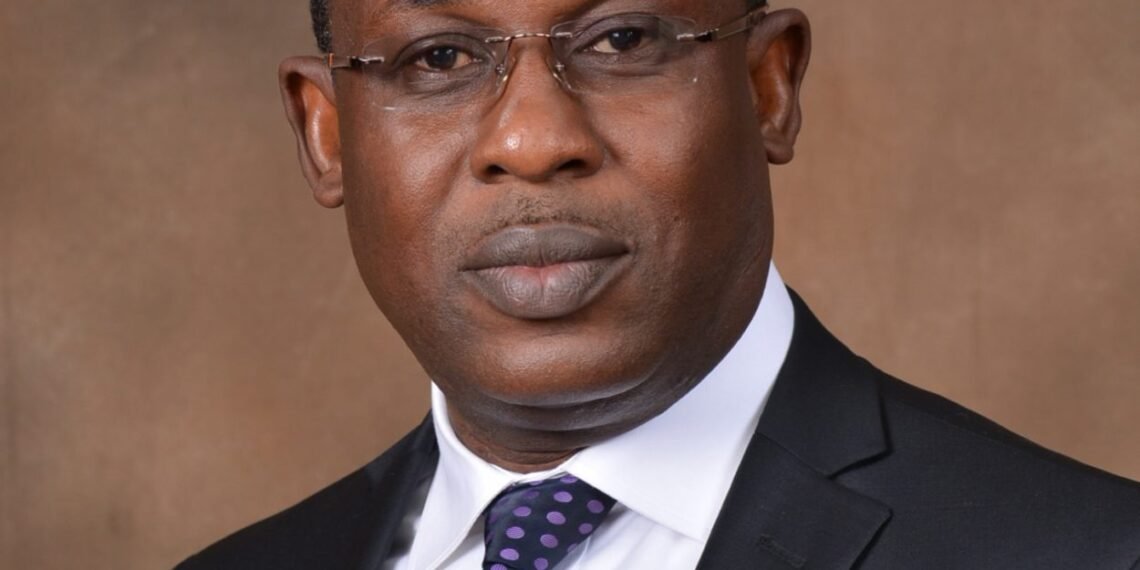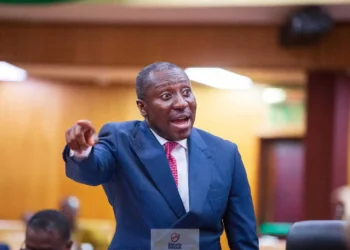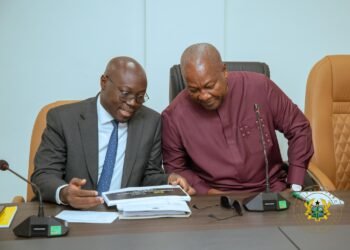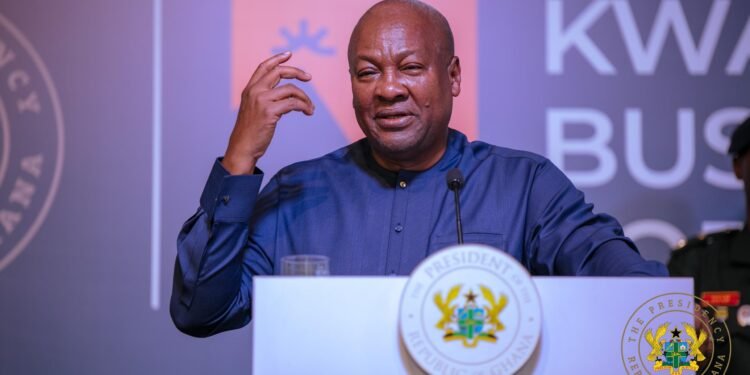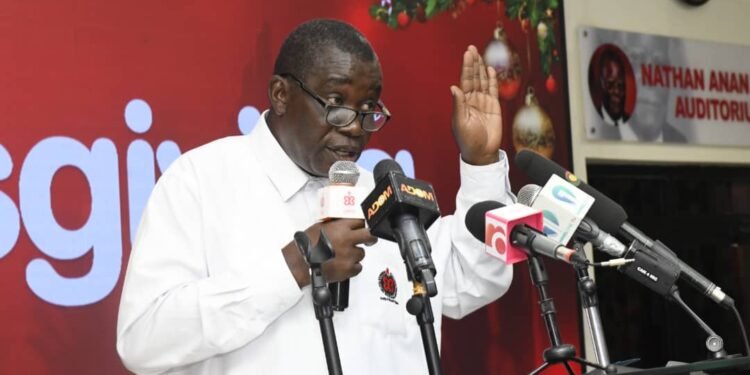Vice President of IMANI Africa, Kofi Bentil, has maintained that former Chief Justice Gertrude Torkornoo must be allowed to fully exhaust all legal avenues in challenging her removal from office. He emphasized that the matter at hand is less about reinstatement and more about ensuring that due process is followed.
Bentil insisted that the heart of the case lies in procedure. According to him, once a constitutional principle is open to legal challenge, the aggrieved party should be given the opportunity to pursue it completely.
“The processes have not been exhausted, so she should be allowed to exhaust them. It is important for us to know that she is attacking the procedure. If there’s a principle that is amenable to be exhausted in her favour, let her go through the process”
Kofi Bentil, Vice President of IMANI Africa
The private legal practitioner also pushed back against calls for the immediate appointment of a new Chief Justice. He argued that any such move would contradict ongoing judicial proceedings, stressing that President John Dramani Mahama should allow the courts to settle the matter first.
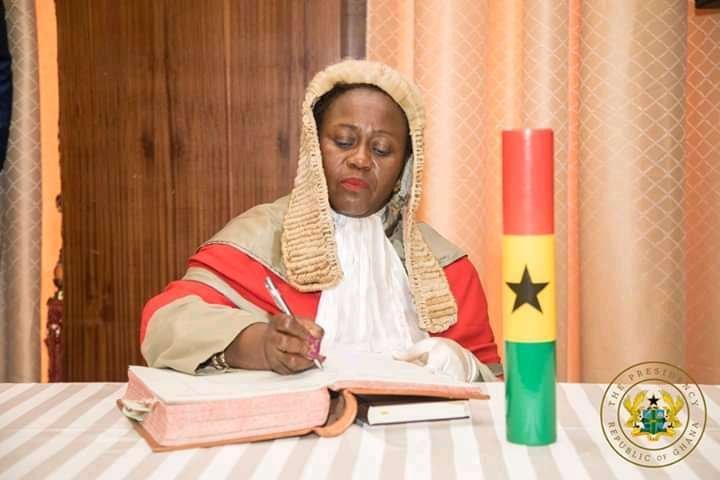
Bentil described these calls as inappropriate in the current context. He explained that there are multiple cases already pending at the Supreme Court that address the procedure surrounding Torkornoo’s removal. For him, it would be unlawful to proceed with a new appointment while those cases remain unresolved.
“When you have legal processes ongoing, all parties must hold their hands. You cannot break the law trying to fulfill the law. As we speak, there are about four cases all on procedures relating to this matter”
Kofi Bentil, Vice President of IMANI Africa
Bentil added that judicial prudence requires restraint at this juncture, noting that with the matter before the courts, no action should be taken that could undermine or overreach the legal process and eventual outcome.
The Constitutional Question
Central to Bentil’s position is the need for the Supreme Court to make a definitive ruling on whether the removal of a Chief Justice is equivalent to the removal of a Justice of the Supreme Court.
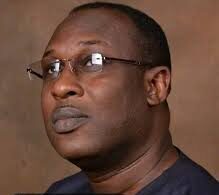
“There is a persuasive argument within the law and constitution and the persuasive argument is the fact that the positions of Chief Justice and a supreme court justice are different. The appointments are different, their treatments are different, their removal is different”
Kofi Bentil, Vice President of IMANI Africa
He noted that while the two roles share proximity within the judiciary, the constitution distinguishes them. Bentil stressed that it would be proper for the court to adjudicate on this constitutional question to remove any ambiguity about the extent of presidential authority under the removal warrant.
Former Chief Justice Gertrude Torkornoo has already filed an application contesting her removal by President Mahama. She contends that while the warrant issued on September 1, 2025, stripped her of her position as Chief Justice, it should not have simultaneously removed her as a Justice of the Supreme Court.
Her filing argues that the President’s action amounted to an overreach of constitutional limits. She is asking the court to declare the use of the warrant unconstitutional and null to the extent that it removed her from both roles.

The outcome of her challenge is expected to shape not only her personal future in the judiciary but also broader constitutional clarity on the separation between the two offices.
For Bentil, the matter goes beyond the individual and touches directly on Ghana’s democratic credentials. By allowing the processes to run their full course, he believes the country would reinforce its commitment to constitutional governance and judicial independence.
READ ALSO: Firings Over Kirk Remarks Spark Free Speech Fears

